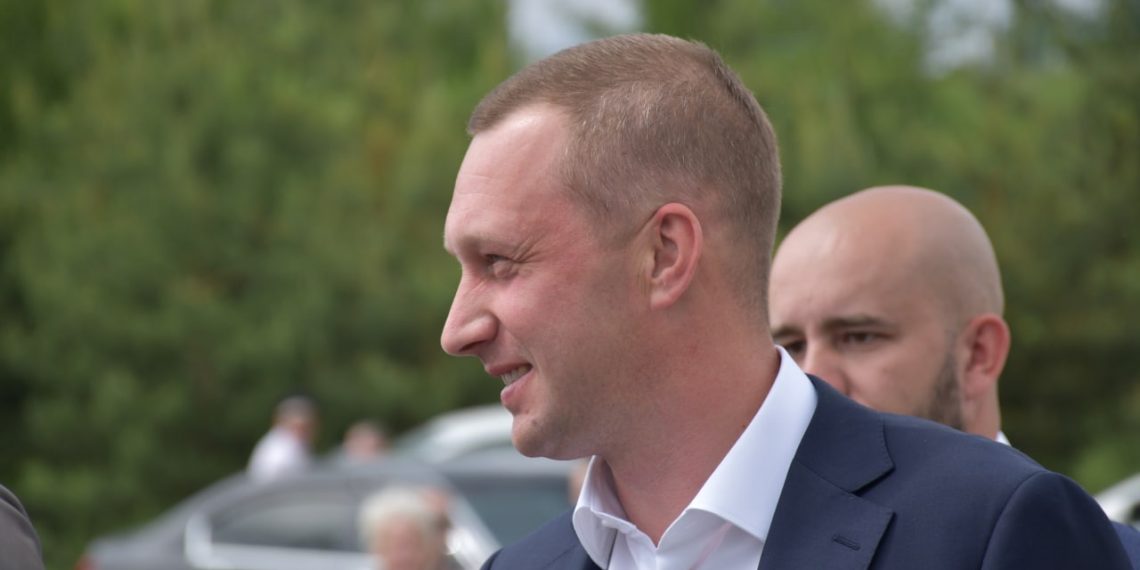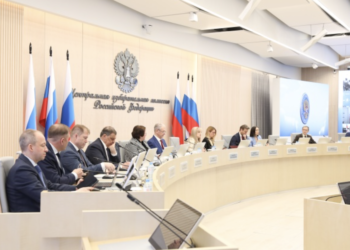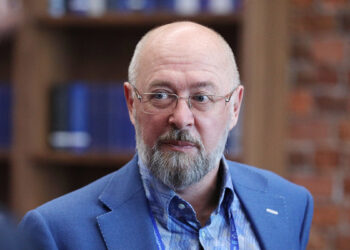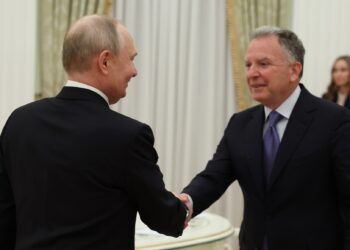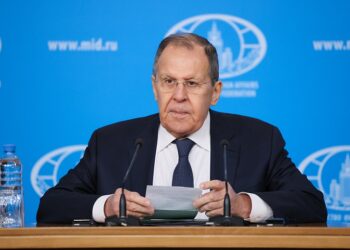MOSCOW (Realist English). Changes in the intra-elite balance in the near future can be expected in the regions where the resignations of governors took place in May of this year. Depending on the specifics of each of these regions, different scenarios of interaction between newly appointed acting governors and regional elites are being implemented, Dmitry Orlov, Director General of the Agency for Political and Economic Communications, notes in the report.
As the first scenario, the expert considers the work of the acting governor’s team to strengthen his own influence against the backdrop of increased control over the municipal elites.
“Such a situation may develop in the Saratov region after the appointment of Roman Busargin to the position of acting governor. Indicative is the appeal of the deputies of the regional Duma, who proposed to transfer part of the powers of Saratov and Engels district in the field of urban planning policy and land issues to the regional administration, as well as the harsh Busargin’s criticism of the administration of the city of Engels in connection with the state of sewerage in one of the apartment buildings. Although the specifics of the region do not imply significant electoral risks for the acting governor during the election campaign, an increase in the intensity of information attacks against him in the coming months is not excluded.” the political scientist explained.
Orlov sees a cautious personnel policy as the second basic scenario of interaction, which does not exclude the prospects of rotations and elite conflicts.
“Although at the first meeting as the acting governor of the Kirov region, Alexander Sokolov noted that “all members of the government and heads of executive bodies will continue to work in the same composition,” it is possible that such rotations will occur earlier. Jne of the purposes could be reduction of protest moods in the region. Forecasts about the possible resignation of the Regional Prime Minister, Alexander Churin, one of the key objects of criticism from representatives of the regional branch of the Communist Party, are still popular.”
In his opinion, the discussion of the prospects for reshuffling in the regional government may lead to the intensification of mutual information attacks between groups of the local elites, which may both create additional room for maneuver for the acting governor and force him to enter into tough conflicts with elite groups.
The third scenario, according to the director of APEC, implies creation of complex intra-elite coalitions around the acting governor in a region with the protest potential, accompanied by significant risks of aggravation of conflicts with the elites:
“Such a scenario is being implemented in the Tomsk region with the involvement of the institute of preliminary voting of “United Russia” Party. The participants of the gubernatorial primaries in this region, in addition to the acting head of the region Vladimir Mazur, included a member of the Federation Council and ex-Governor Viktor Kress, the Rector of the Tomsk State University of Control Systems and Radioelectronics Viktor Rulevsky and the General Director of the Tomsk Electromechanical Plant Ivan Pushkarev. In fact, opportunities are being created on the United Russia platform for a public dialogue between the acting governor and a number of key intra-elite players. Nevertheless, challenges remain for the acting governor, primarily related to the protest environment and the activity of opposition politicians in the regional center.
A similar approach can be implemented in Mari El. The acting head of the republic, Yuri Zaitsev, also pays attention to public contacts with regional elites, while so far a more explicit emphasis has been placed not on public coalitions, but on the possibility of active work with the undecided.”


